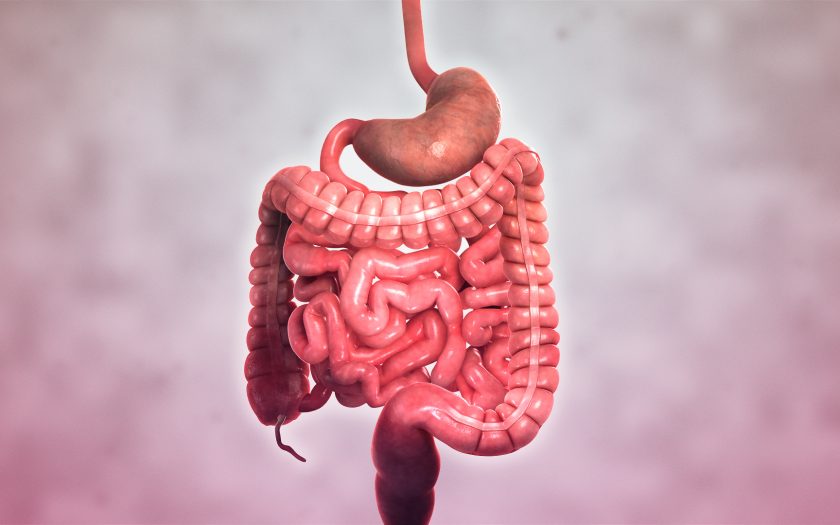It is difficult to diagnose.
It is difficult to diagnose Crohn’s disease due to its symptoms and very different manifestations. This disease can be confused with irritable bowel syndrome, ulcerative colitis, and in the acute phase even with appendicitis. With this pathology, skin rashes may appear, joints and organs of vision may be affected. It happens that before making a correct diagnosis, a person will be treated by various specialists.
Diagnosis of Crohn’s disease is not difficult for a gastroenterologist. Signs of the disease can be determined by blood tests, colonoscopy, histological examination, X-ray examination, magnetic resonance imaging and other methods. The most modern diagnostic option is capsule endoscopy: the patient swallows a tablet-sized device equipped with a mini-camera. The device passes through the digestive tract, and then the doctor receives the information and analyzes it on a computer.
Treatment is ineffective and has strong side effects.
Crohn’s disease medication is prescribed to patients to relieve inflammation in the colon as soon as possible. These can be hormones, antibiotics, probiotics, anti-inflammatory drugs (Salazopyrin, Pentasa). Thanks to the work of scientists for many years, patients with Crohn’s disease are prescribed very effective drugs. Such drugs, first, make it possible to increase the effectiveness of therapeutic treatment. Second, it minimizes the risks of side effects. In many patients, improvement occurs within a day after taking the drug (reduces pain, normalizes stool, stops intestinal bleeding). In many situations, such treatment helps prevent surgery.
New drugs prescribed for Crohn’s disease can not only relieve symptoms, but also heal the affected mucous membrane of the gastrointestinal tract.
It is impossible to live a normal life.
Despite recurrent relapses, remission in Crohn’s disease can last for months or even years. There are many successful examples of treating patients with Crohn’s disease. They are educated, have families, work successfully, are active and do not feel inferior.
There are certain behavioral restrictions that must be followed to prevent exacerbation of the pathology and a new recurrence. But there are exceptions. This primarily applies to sports and nutrition. Despite the limitations of physical activity, moderate physical activity is not contraindicated. Many foods are not recommended, but sometimes the patient can afford to eat something forbidden.
Surgery is inevitable.
There are patients in whom Crohn’s disease cannot be stopped without surgery. Surgical methods are used in extreme cases, when the patient’s condition is approaching a critical state, and conservative treatment does not give the expected results. But in most cases, the disease is well treated with drug therapy.

